Today, the ideas of the 18th-century French architect Étienne-Louis Boullée influence building designs around the world. However, during his life, Boullée was more interested in the poetic potential of architecture than concocting practical plans, and built very few structures that remain standing today. Instead, his lasting impact derives from his bold proposals for buildings that reflected the beauty he found in geometric simplicity and symmetry, presented on exceptionally grand scales. Working through drawings of some of Boullée’s proposed and never-realised buildings – from a stadium with a capacity of 300,000, to a real-life Tower of Babel and a fantastical monument to Isaac Newton – this video essay from the YouTube channel Kings and Things explores how he borrowed from and expanded upon classical architecture for inspiration, as well as how his ideas had a resurgence upon the publication of his writings in 1953, some 250 years after his death.
The radically impractical 18th-century architect whose ideas on beauty endure
Video by Kings and Things
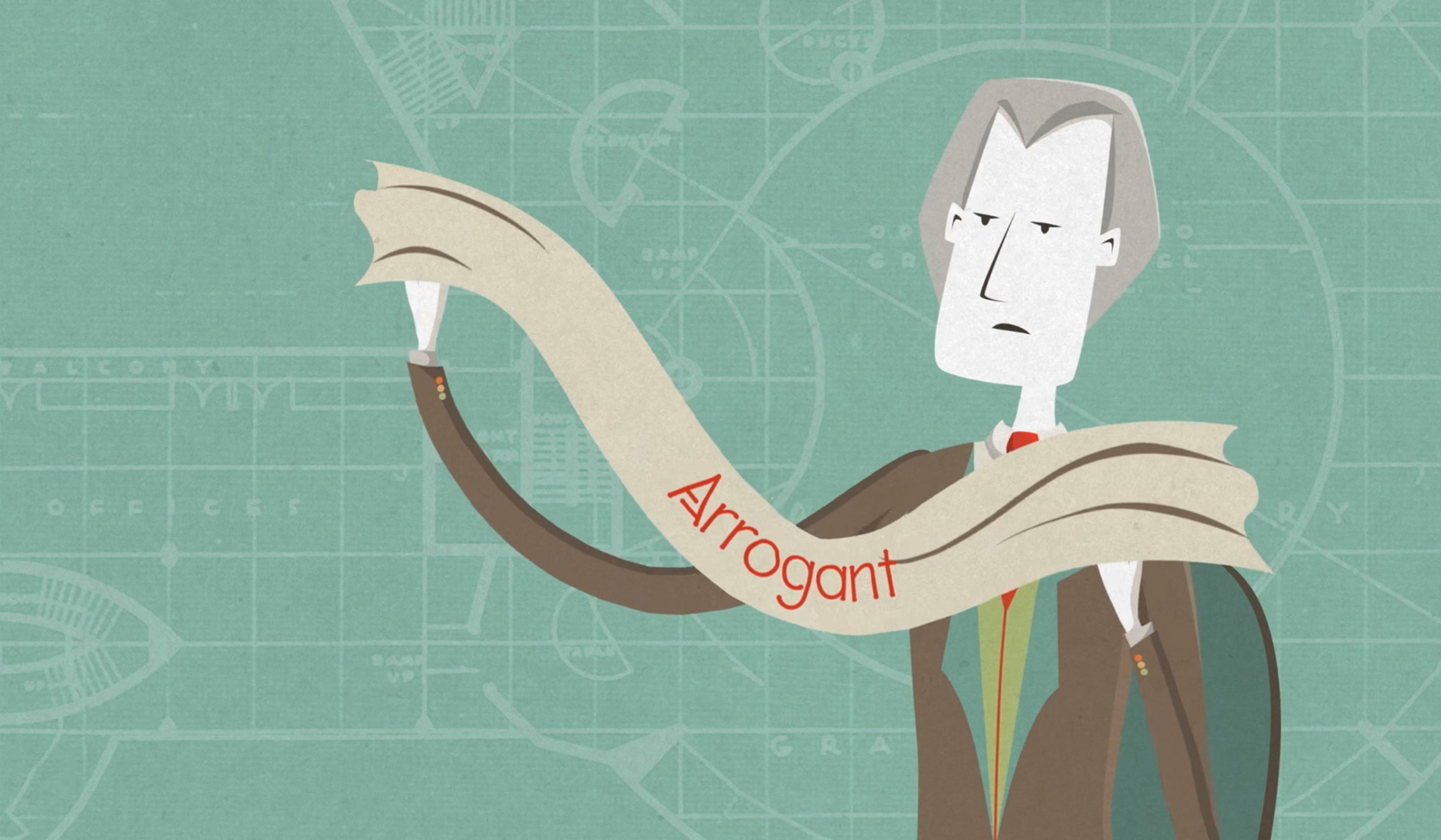
videoArchitecture
Frank Lloyd Wright on why architecture should be about ideas and ideals
6 minutes

videoArchitecture
Light, geometry and symbolism: how Jean Nouvel’s architecture reimagines culture
15 minutes
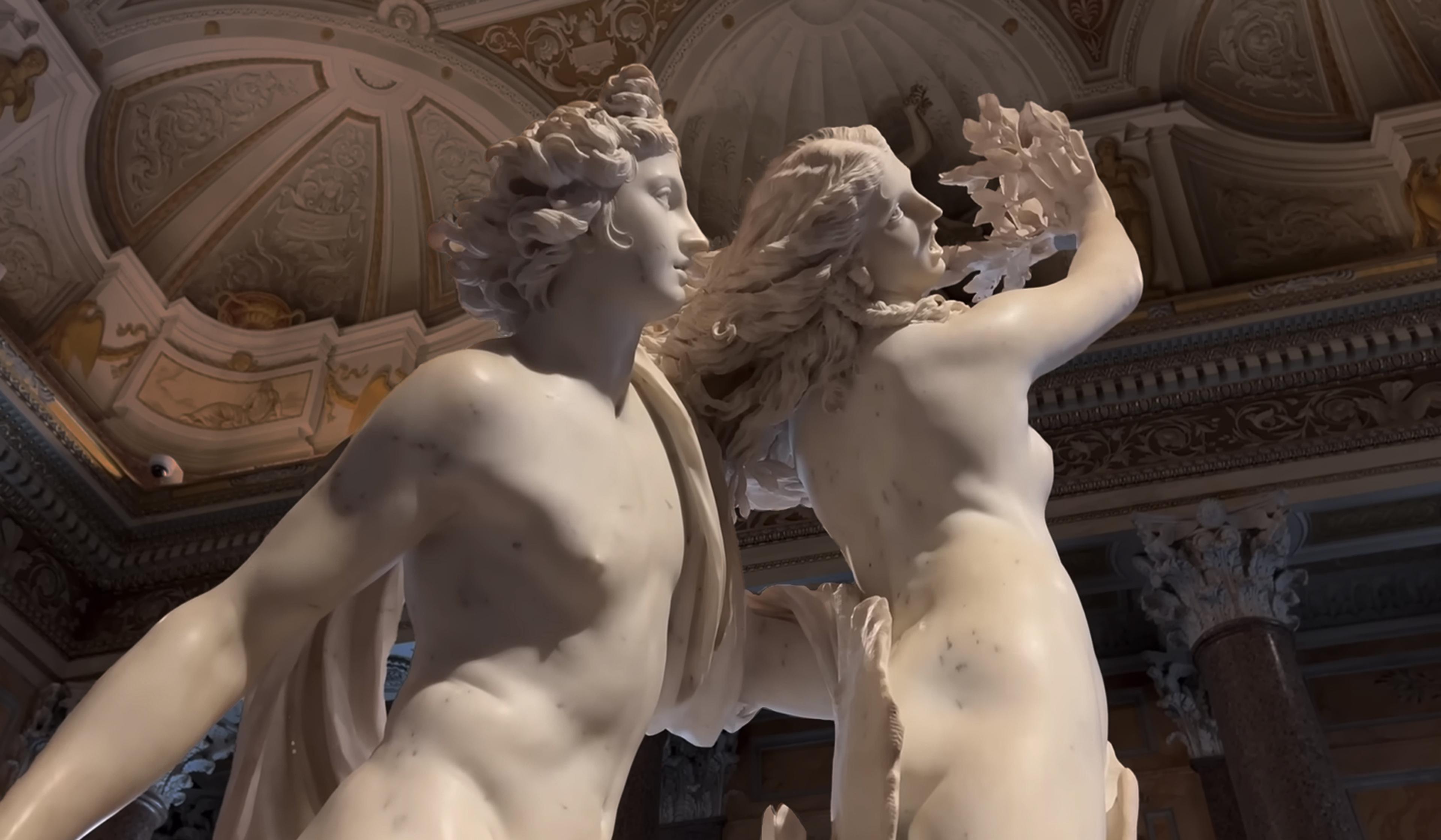
videoArt
The overlooked polymath whose theatrical oeuvre made all of Rome a stage
30 minutes

videoHistory of technology
See the Mediterranean as it was captured in some of the earliest surviving photographs
20 minutes
videoThinkers and theories
Jeremy Bentham was consumed by creating a perfect prison. Here’s the result
4 minutes

videoMetaphysics
Simple entities in universal harmony – Leibniz’s evocative perspective on reality
4 minutes
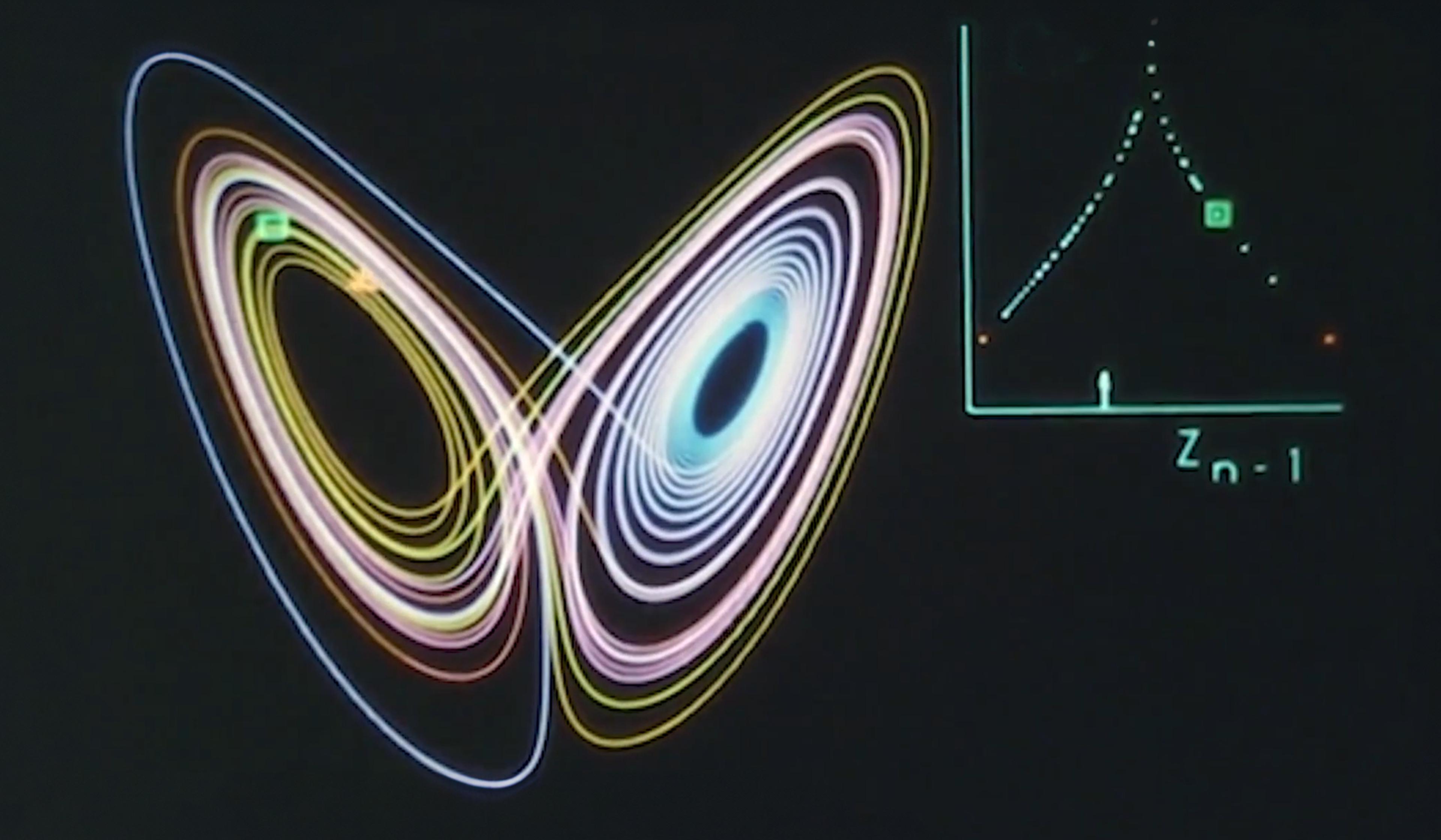
videoThinkers and theories
Henri Bergson on why the existence of things precedes their possibility
3 minutes
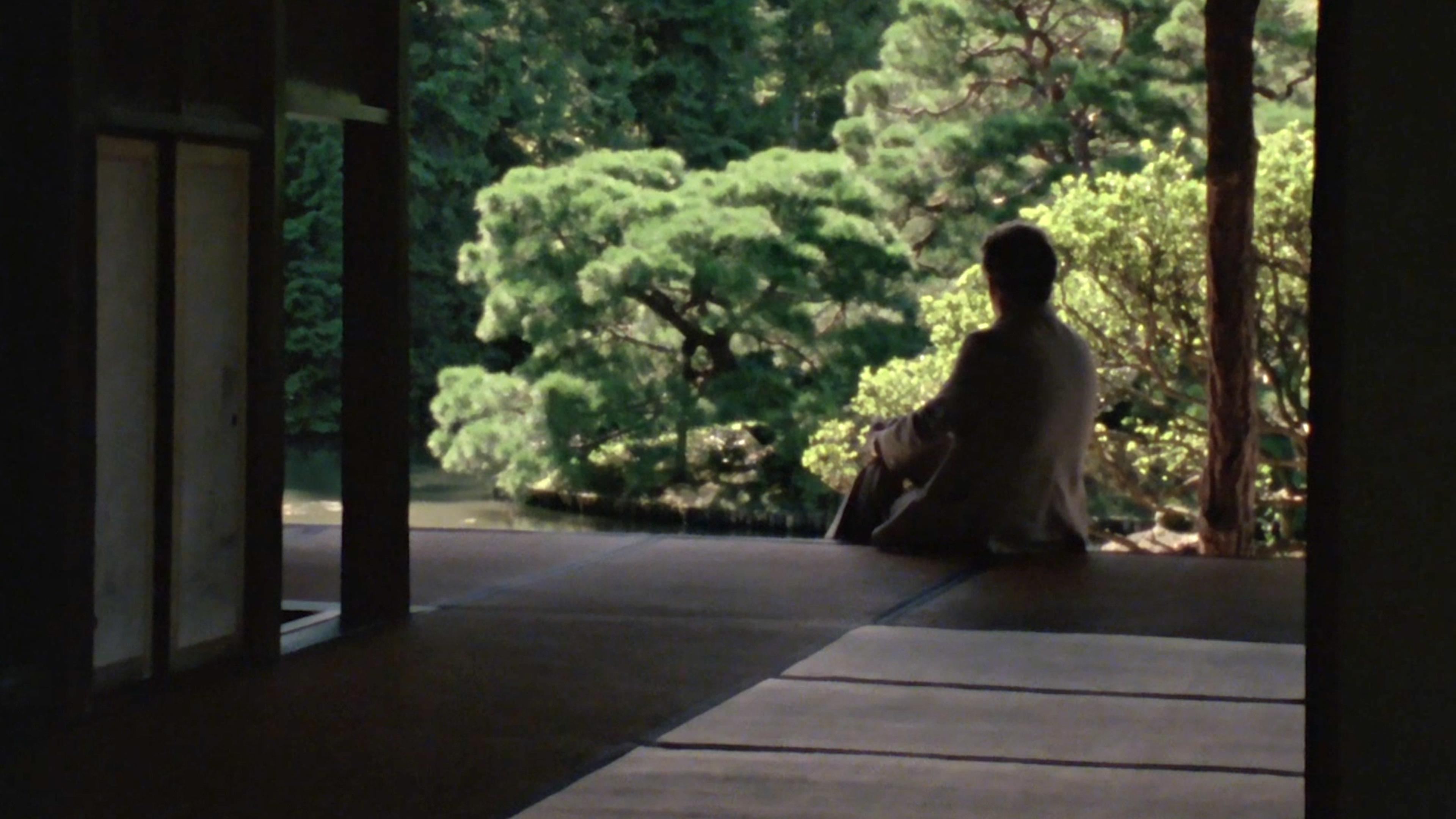
videoArchitecture
The celebrated architect who took inspiration from sitting, waiting and contemplating
29 minutes
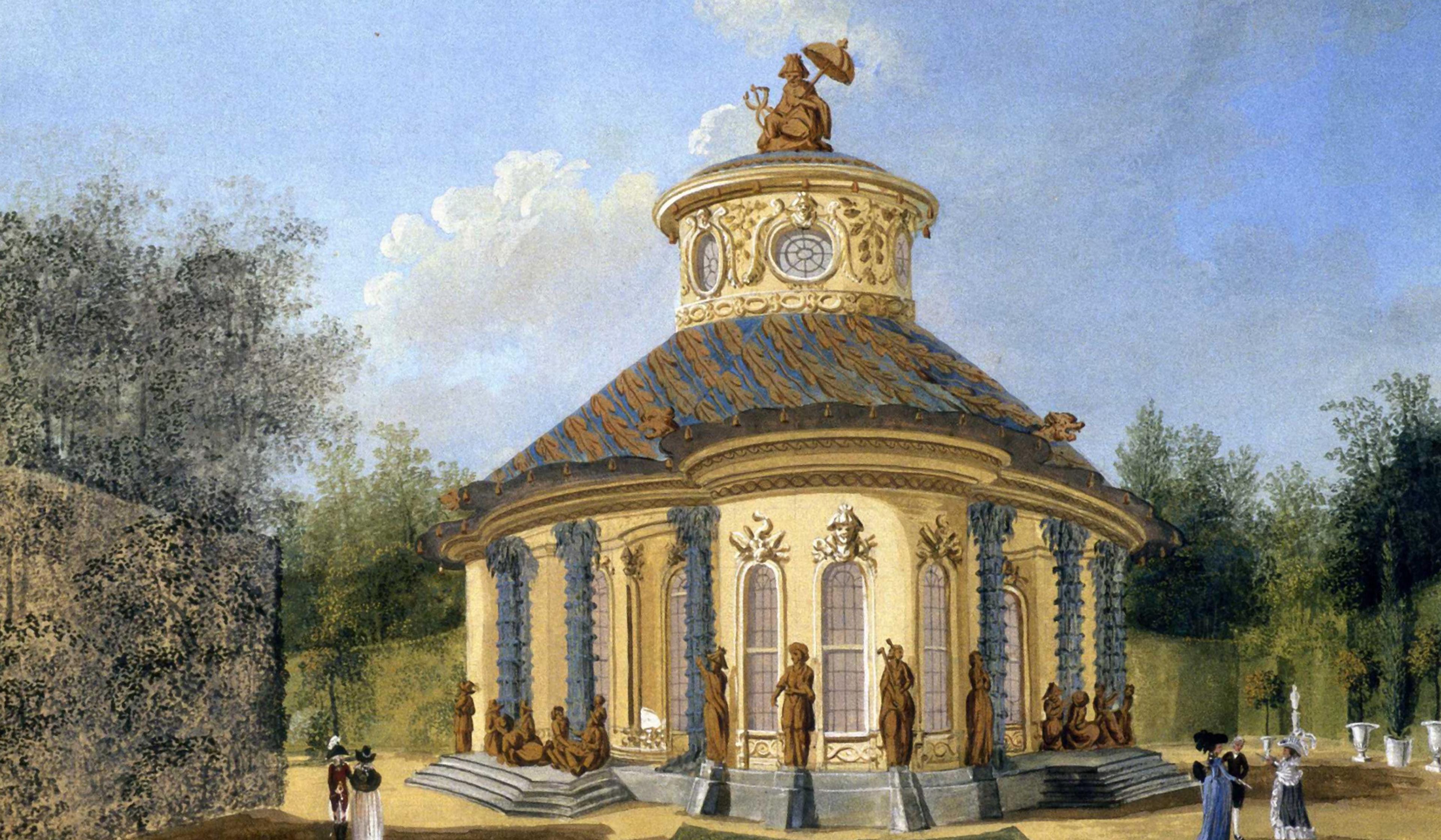
videoArchitecture
Tour the European architecture that dreamed of a wondrous, fictitious China
16 minutes